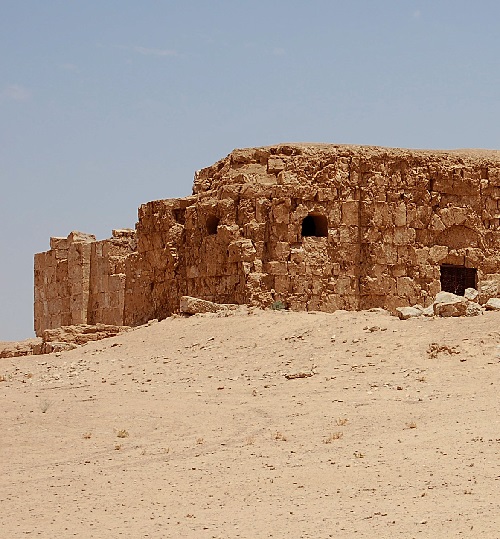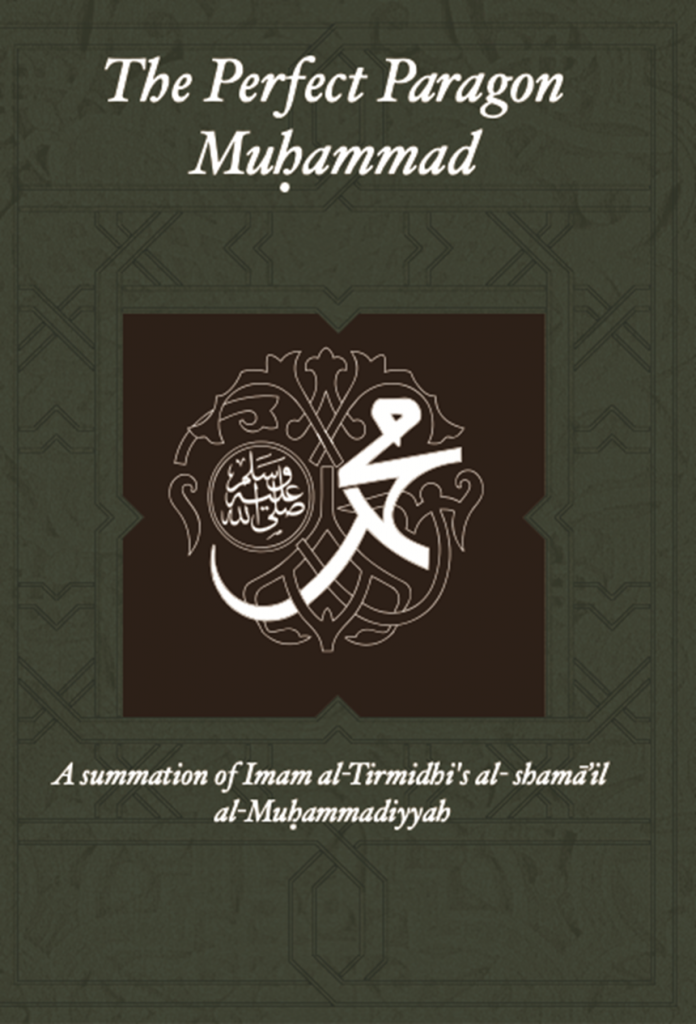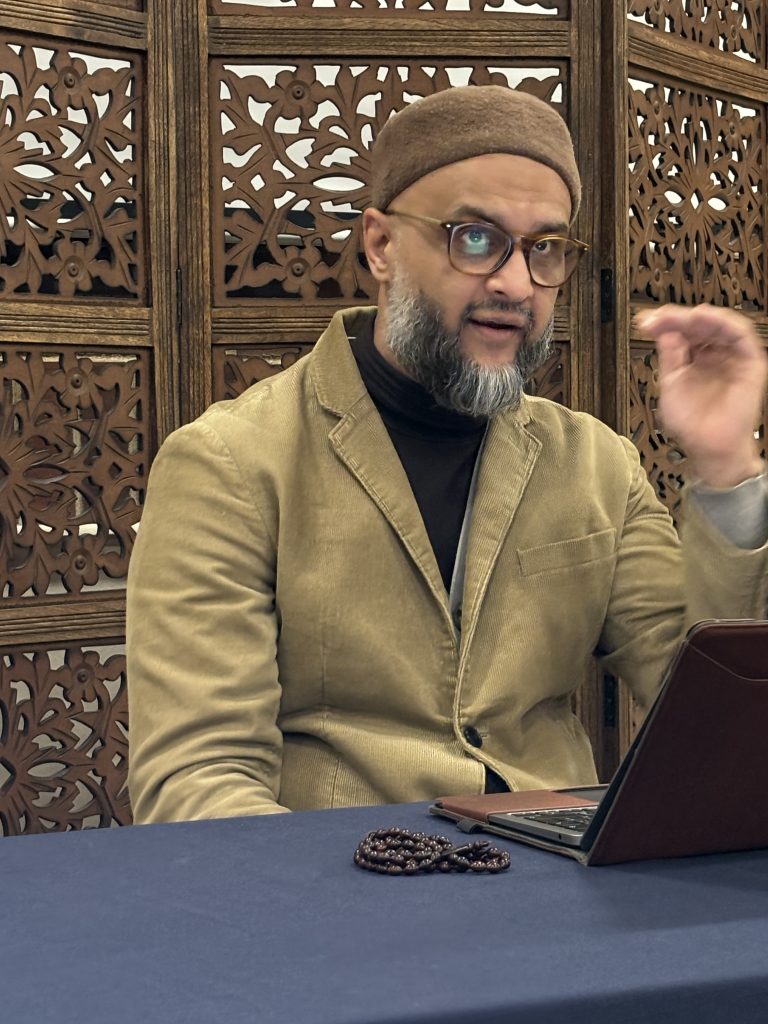Shamail
The Messenger صلى الله عليه وسلم as beheld by his companions (part 2)

Module Description
It cannot be said of any other prophet or messenger that their words, actions, and tacit affirmations received such accurate preservation and provided such forthcoming details about their lives as that of the Messenger of Allah, Muhammad ﷺ.
The sources of the Messenger of Allah’s ﷺ descriptions are none other than his contemporaries, most of whom not only came to believe in his message but were deeply enamoured of him. For he was the beloved of God ﷺ and all that issued from him carried Divine approval. Therefore, they were willing to sacrifice everything at his behest, knowing it was for the truth.
Scholarly generations arose through Divine Providence, after his companions, to safeguard these Prophetic descriptions. They were unmatched as a second generation of followers following a prophet. They were driven by love and concern, which saw them forgo the allure of this world to provide the subsequent generations with works that would act as a portal back in time. These works came to form a genre called shamāil (noble characteristics). Hence, giving our attention to such texts, born out of a labour of love involving many righteous hearts and hands, allows us today to experience the Messenger of Allah ﷺ as if living alongside him. Imam al-Tirmidhi wrote a seminal work in this area, forming the basis of this course.
This module will cover His ﷺ scent and modes of communication are described in six chapters. His ﷺ manner of rest and outward forms of worship which is described over seven chapters. His ﷺ character and noble qualities are described over four chapters. Hislifestyle, final age, passing, inheritance and beholding him in dreams.
Module Outline
| Week | Topic |
|---|---|
| Week 1 | xxxxxxxxxx |
| Week 2 | xxxxxxxxxx |
| Week 3 | xxxxxxxxxx |
| Week 4 | xxxxxxxxxx |
| Week 5 | xxxxxxxxxx |
| Week 6 | xxxxxxxxxx |
| Week 7 | xxxxxxxxxx |
| Week 8 | xxxxxxxxxx |
| Week 9 | xxxxxxxxxx |
| Week 10 | xxxxxxxxxx |
Module Text
The course draws on works that came to inform Islam’s traditional pedagogy and represent its’ normative expression. These works are cited below for reference, followed by a brief biography of the authors:
al-Tirmidhi, Abū ‘Esā and Bajūri, Muhammad b. Ibrahim. Sharh al-Muwwāhib al-Laduniyya ‘alā al-shamāil al-Muhahmmadiyya. Edited by Muhammad ‘Awāmah. Dar al-Minhāj: Saudi 2001
al-Lahjī, Abdulah bin ‘Saīd, Muntaha al-Sūl ‘an al-shamāil al rasūl, 4 vols. Dar al-Minhāj: Jeddah 2005
Mahmood, Thaqib, The Perfect Paragon A Summary of al-shamāil al-Muhahmmadiyya. CEI. fourth edition, London 2013

Shaykh Thaqib Mahmood
Shaykh Thaqib has travelled to numerous places over the last 10 years in pursuit of sacred knowledge. This began at several deen intensives with Shaykh Hamza Yusuf from whom the impetus to his seeking sacred knowledge belongs. After travelling to Morocco he went to Hadramawt to the village of Tarim where he sat at the feet of the spiritual Masters and jurists including Habib Umar bin Hafiz.
He travelled to Damascus a number of times and studied under Shaykh Muhammad Darwish, Shaykh Abdul Wahaab Shaykh Muhammad al Yaqoubi, Shaykh Adnan al Majd, Shaykh Maree al Rashid and Shaykh Khalil al Sabbagh. His travels also led him to Mauritania to study with Murabit al Hajj, to Liverpool to study with Shaykh Siraj Ud-Din and to Istanbul at the feet of the gnostic and friend of Allah, Shaykh Mahmud Effendi; and studied with Shaykh Ehsaan Hojah and Shaykh Muhammed Ameen Siraj.”
Shaykh Thaqib has been teaching on Sacred Study for 12 years and part of the Fountain teacher for now over 22 years.

Location
INPERSON – Bury Park Community Centre, 161, 161b Dunstable Rd, Luton LU1 1BW
ONLINE – ZOOM – (Details will be provided closer to the time)
Date/Time
Starting – 5th October 2024 for 10 weeks
Saturday – 9.30AM to 10.30PM (In person & Online)
Become a member today
Join as a member for just £20 per month and access Sacred Study and various other educational initiatives at no additional cost.

Module Content
Course content will only show once you re logged in.

